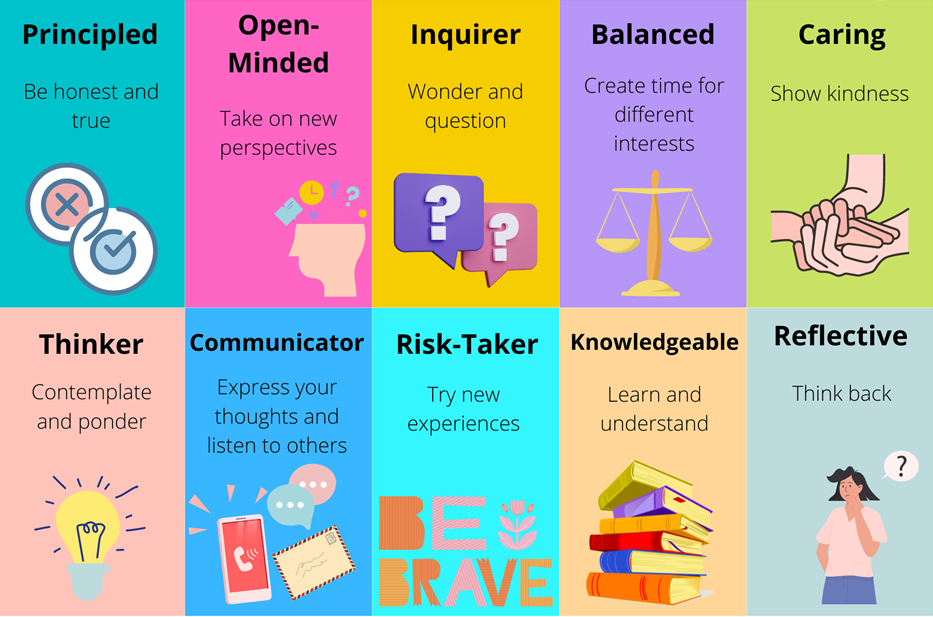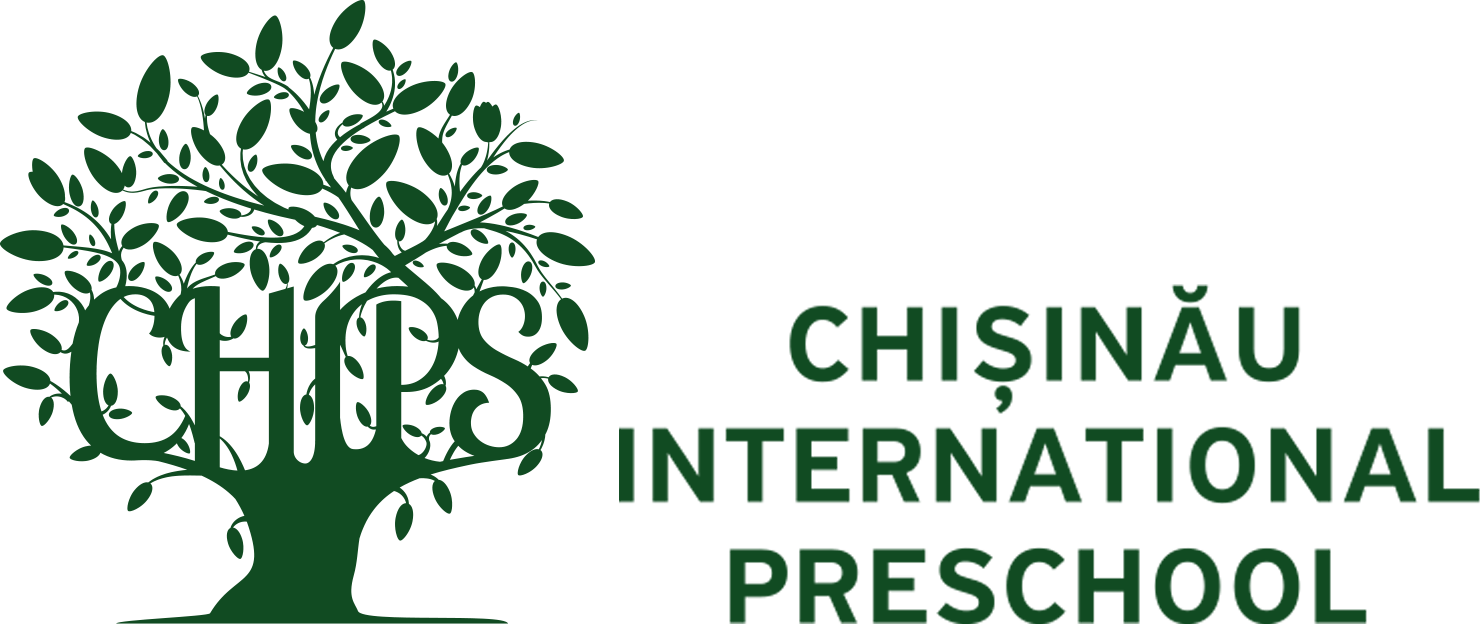Our Early Childhood program (ages 3–6) encourages our youngest students to discover the wonders of the world and enable them to contribute as positive, confident, and caring individuals.
Play-based learning allows our young learners to explore, identify, negotiate, take risks and create meaning.
The play based learning approach uses children’s natural curiosity and lvoe of playful experimentation to help them develop their thinking and to become leaders of their own learning. Through sustained play, they learn to collaborate with others and manager resources.
Language of Instruction
Learning Environment
Teaching at CHIPS
About the International Baccalaureate
History and Background:
Founded in 1968, the IB currently works with 3,776 schools in 147 countries to develop and offer four challenging educational programs to almost 1.2 million learners. The IB aims to develop inquiring, knowledgeable, and caring young people who help to create a better and more peaceful world through intercultural understanding and respect. The IB is the standard for international education worldwide.
The IB Learner Profile:
The IB Learner Profile is the core of the IB, and it unites us all with a common focus on the whole person as a lifelong learner. It applies to students, teachers, parents, and administrators, as we are all continually learning.

Early Childhood Programme
The Early Childhood Programme is taught through carefully designed conceptual units in a program of inquiry. The content of each unit is built around active daily routines, which include storytime, centers, music, singing, and physical education.
All teachers work with students through a program of inquiry, to develop each student’s understanding of concepts, skills, and knowledge. Children develop their creativity, interests, social skills, and basic learning competencies that will prepare them for successful entry into school. There is a focus on speaking and developing the English language, as well as on early maths concepts and skills for emergent readers in all classes.
The inquirer’s learning is focused on six Units of Inquiry organised under Six Transdisciplinary Themes:
1. WHO WE ARE
An inquiry into the nature of the self; beliefs and values; personal, physical, mental, social and spiritual health; human relationships including families, friends, communities, and cultures; rights and responsibilities; what it means to be human.
2. WHERE WE ARE IN PLACE AND TIME
An inquiry into orientation in place and time; personal histories; homes and journeys; the discoveries, exploration, and migrations of humankind; the relationships between and the interconnectedness of individuals and civilizations, from local and global perspectives.
3. HOW WE EXPRESS OURSELVES
An inquiry into the ways in which we discover and express ideas, feelings, nature, culture, beliefs, and values; the ways in which we reflect on, extend and enjoy our creativity; our appreciation of the aesthetic.
4. HOW THE WORLD WORKS
An inquiry into the natural world and it’s laws; the interaction between the natural world (physical and biological) and human societies; how humans use their understanding of scientific principles; the impact of scientific and technological advances on society and on the environment.
5. HOW WE ORGANISE OURSELVES
An inquiry into the interconnectedness of human-made systems and communities; the structure and function of organizations; societal decision-making; economic activities and their impact on humankind and the environment.
6. SHARING THE PLANET
An inquiry into the rights and responsibilities in the struggle to share finite resources with other people and with other living things; communities and the relationships within and between them; access to equal opportunities; peace and conflict resolution.
